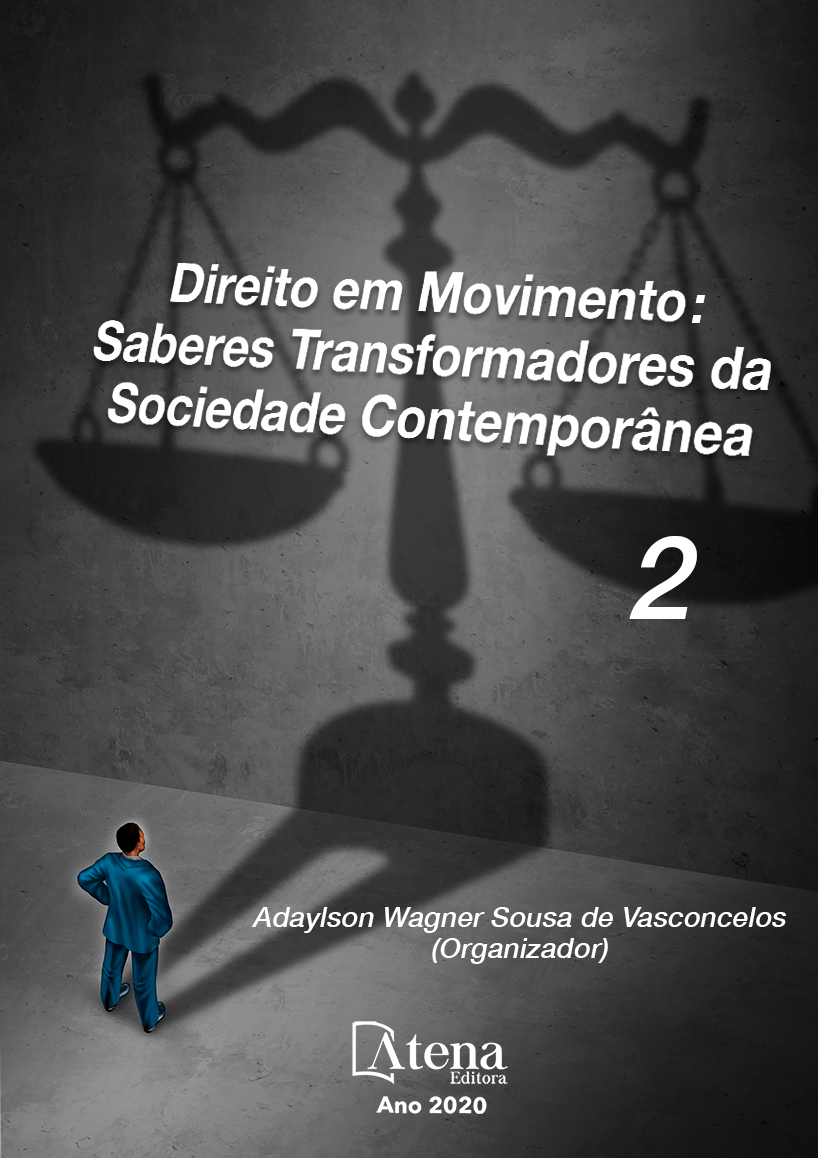
NOVO CÓDIGO DE PROCESSO CIVIL E A REPERCUSSÃO GERAL DAS QUESTÕES CONSTITUCIONAIS: DESAFIOS NA CONSTRUÇÃO JURISPRUDENCIAL
Pretende-se neste artigo, por meio de pesquisas bibliográficas, elaborar um estudo acerca do requisito de admissibilidade do recurso extraordinário consistente na repercussão geral das questões constitucionais, inserido no ordenamento jurídico brasileiro por intermédio da Emenda Constitucional n. 45/2004. A partir disso, analisar-se-á quais desafios sua aplicação gera para a construção jurisprudencial, tendo em vista o caráter vinculante da ratio decidendi de precedentes emanados pelo Supremo Tribunal Federal, no controle difuso de constitucionalidade, bem como a possibilidade da aplicação dos institutos do distinguishing e do overruling a partir do advento do Novo Código de Processo Civil. O método de abordagem empregado na pesquisa é o indutivo, pois parte-se de uma ideia particular para, ao final, obter uma resposta geral.
NOVO CÓDIGO DE PROCESSO CIVIL E A REPERCUSSÃO GERAL DAS QUESTÕES CONSTITUCIONAIS: DESAFIOS NA CONSTRUÇÃO JURISPRUDENCIAL
-
DOI: 10.22533/at.ed.7082018084
-
Palavras-chave: repercussão geral; requisitos de admissibilidade; inafastabilidade da jurisdição; acesso à Justiça
-
Keywords: general repercussion; admissibility requirements; inafasability of jurisdiction; access to Justice
-
Abstract:
This article intends, through bibliographic research, to elaborate a study regarding the admissibility requirement of the extraordinary appeal, which is the general repercussion of constitutional issues, inserted in the Brazilian legal system through Constitutional Amendment no. 45/2004. Based upon that, the study analyzes the challenges its application creates for the jurisprudential construction, considering the binding character of the ratio decidendi of precedents emanated by the Supreme Federal Court, in the diffuse control of constitutionality, as well as the possibility of the application of the institutes of distinguishing and overruling, that were instated with the advent of the New Code of Civil Procedure. The approach method used in the research is inductive, since it starts from a particular idea to, in the end, obtain a general answer.
-
Número de páginas: 15
- Jamille Ghislandi Almeida
- Gabriela Araldi Walter


